Are You Ready for the WHO/CDC One Health Solution?
By The ANH Team
10/17/2024
https://anh-usa.org/are-you-ready-fo...alth-solution/
"Presidential elections and natural disasters aside, let’s not get distracted from the ongoing power-grab by the World Health Organization (WHO). Action Alert!
Listen to the audio version of this article:https://podcastle.ai/editor/player/6...9b3b48370eda21
THE TOPLINE
Ongoing negotiations over the WHO’s Pandemic Treaty aim to centralize global pandemic responses under the WHO, enhance the power of Big Pharma, and reduce individual freedoms.
The treaty has stalled on controversial issues such as bio-surveillance and equitable vaccine distribution, and the WHO is under pressure to finalize the treaty before a November deadline.
The treaty promotes fast-tracking emergency medical products, raising concerns about potential safety and effectiveness. It aims to impose a one-size-fits-all approach during future pandemics, while silencing dissent and promoting a global pandemic cartel.
While many Americans are understandably focused on other issues, negotiations over the so-called “Pandemic Treaty” are still going on. As we’ve been reporting for some time, this treaty, along with key amendments to the International Health Regulations, aims to centralize decision-making at the WHO, effectively forming a global pandemic cartel that funnels customers, and profits, straight into the hands of Big Pharma—all at the expense of your freedom. We need to remain vigilant in opposing this transfer of power to unelected bureaucrats.
The 11th round of negotiations on the Pandemic Treaty occurred in September, but not a lot of progress was made, particularly on several controversial issues. The main point of contention is the creation of a coordinated bio-surveillance apparatus under the banner of the One Health approach originally created by the Centers for Disease Prevention and Control (CDC), and the “equitable” distribution of medical countermeasures (i.e. vaccines) that arise from this data sharing.
The problem for the WHO—and the 8 billion of the rest of us on planet Earth—is that time is running out to iron out these differences: the next round of negotiations is set for early November; November 12 is the latest date by which a December special World Health Assembly session can be called so the Pandemic Treaty can be adopted.
In response to this time crunch, a familiar tactic is being employed. Proponents of this treaty are essentially saying: “Just sign on the dotted line and we’ll figure out this difficult stuff later!” The latest draft of the Pandemic Treaty shifts important decisions to a Conference of the Parties, which will be set up after the World Health Assembly has adopted the treaty.
Other problematic provisions we’ve discussed previously remain. The “treaty” aims to ensure that states have the regulatory structures in place to grant fast-track emergency authorizations for investigational medical products.
But that’s not all. It cements a global, coordinated attack on free speech in the name of combatting mis- and dis- information that distracts people from the one-size-fits-all approach they should dutifully be following. Whether there are adequate measures in place to ensure the safety and effectiveness of these fast-tracked medicines, or systems in place to address and monitor the injuries caused by these drugs/vaccines, are issues that are largely ignored.
This is all in service to the creation of a global pandemic cartel. You’ll be told when the next pandemic hits, made fearful of the latest virus, then offered a quick-fix: a rushed, emergency-approved vaccine or gene-based drug. They’ll claim it’s all “following the science” while manipulating data to push their agenda. Critics will be silenced, alternatives discredited, and the complexity of our immune system ignored for their one-size-fits-all solution. If you think they haven’t learned from their COVID mistakes and are not gearing up to enforce their medical mandates more efficiently next time, think again.
Action Alert! Write to Congress and tell them to reject the Pandemic Treaty and the IHR amendments approved at the 77th WHA meeting. Please send your message immediately. https://anh-usa.org/are-you-ready-fo...alth-solution/ "
- Home
- Forum
- Chat
- Donate
- What's New?
-
Site Links

-
Avalon Library

-
External Sites

- Solari Report | Catherine Austin Fitts
- The Wall Will Fall | Vanessa Beeley
- Unsafe Space | Keri Smith
- Giza Death Star | Joseph P. Farrell
- The Last American Vagabond
- Caitlin Johnstone
- John Pilger
- Voltaire Network
- Suspicious Observers
- Peak Prosperity | Chris Martenson
- Dark Journalist
- The Black Vault
- Global Research | Michael Chossudovsky
- Corbett Report
- Infowars
- Natural News
- Ice Age Farmer
- Dr. Joseph Mercola
- Childrens Health Defense
- Geoengineering Watch | Dane Wigington
- Truthstream Media
- Unlimited Hangout | Whitney Webb
- Wikileaks index
- Vaccine Impact
- Eva Bartlett (In Gaza blog)
- Scott Ritter
- Redacted (Natalie & Clayton Morris)
- Judging Freedom (Andrew Napolitano)
- Alexander Mercouris
- The Duran
- Simplicius The Thinker






 Reply With Quote
Reply With Quote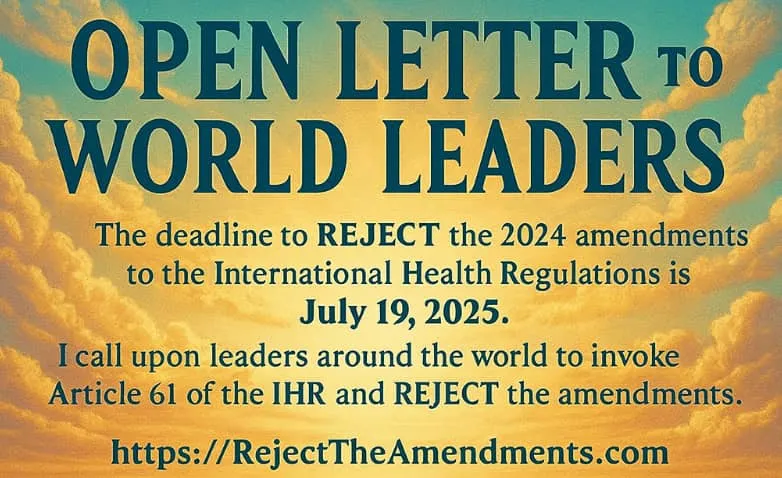

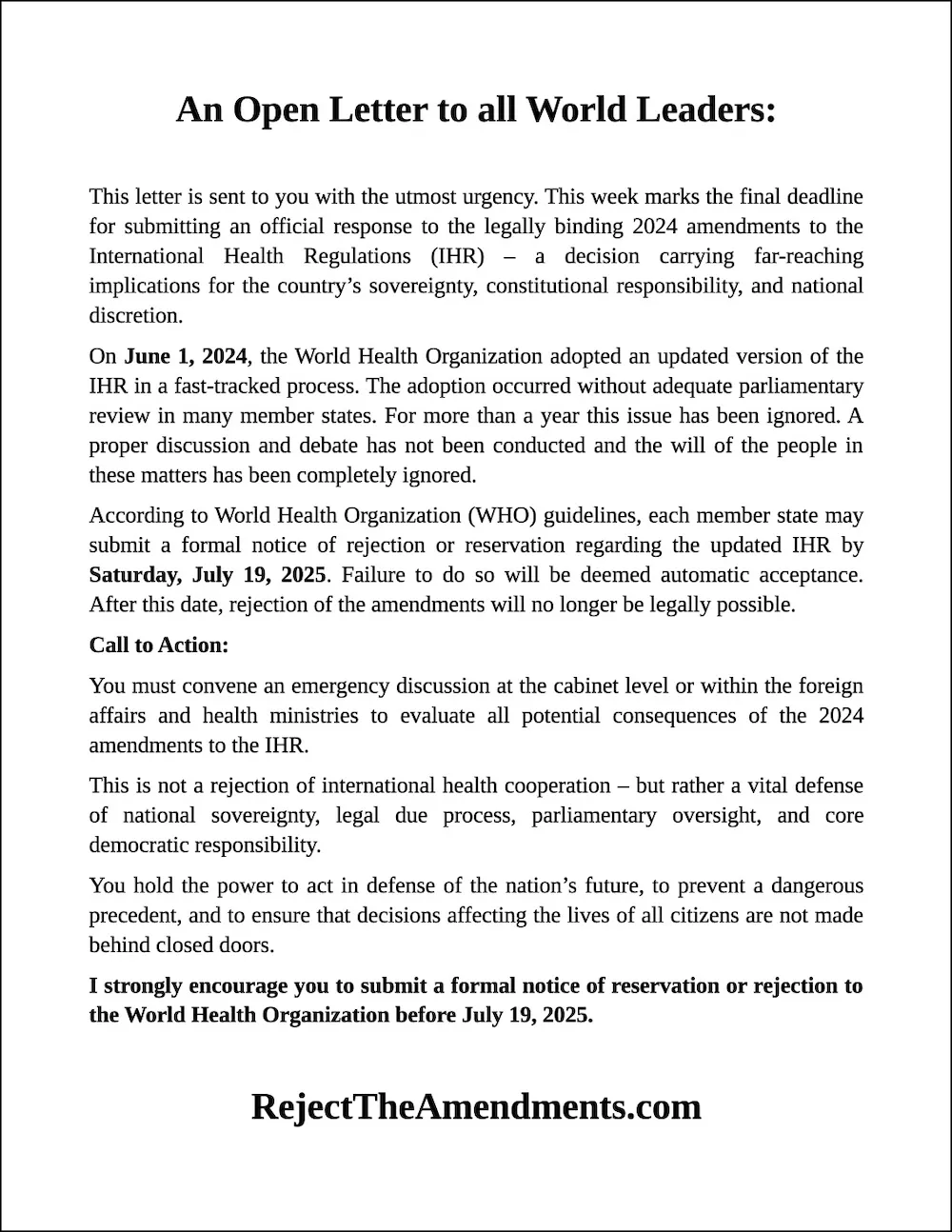

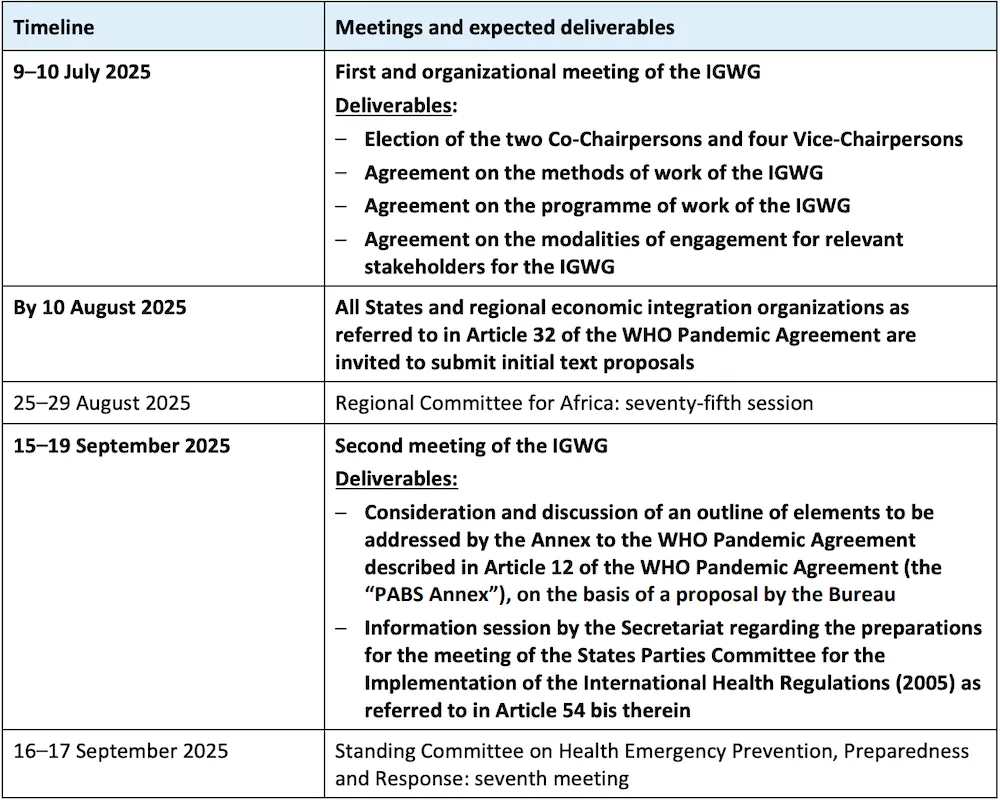
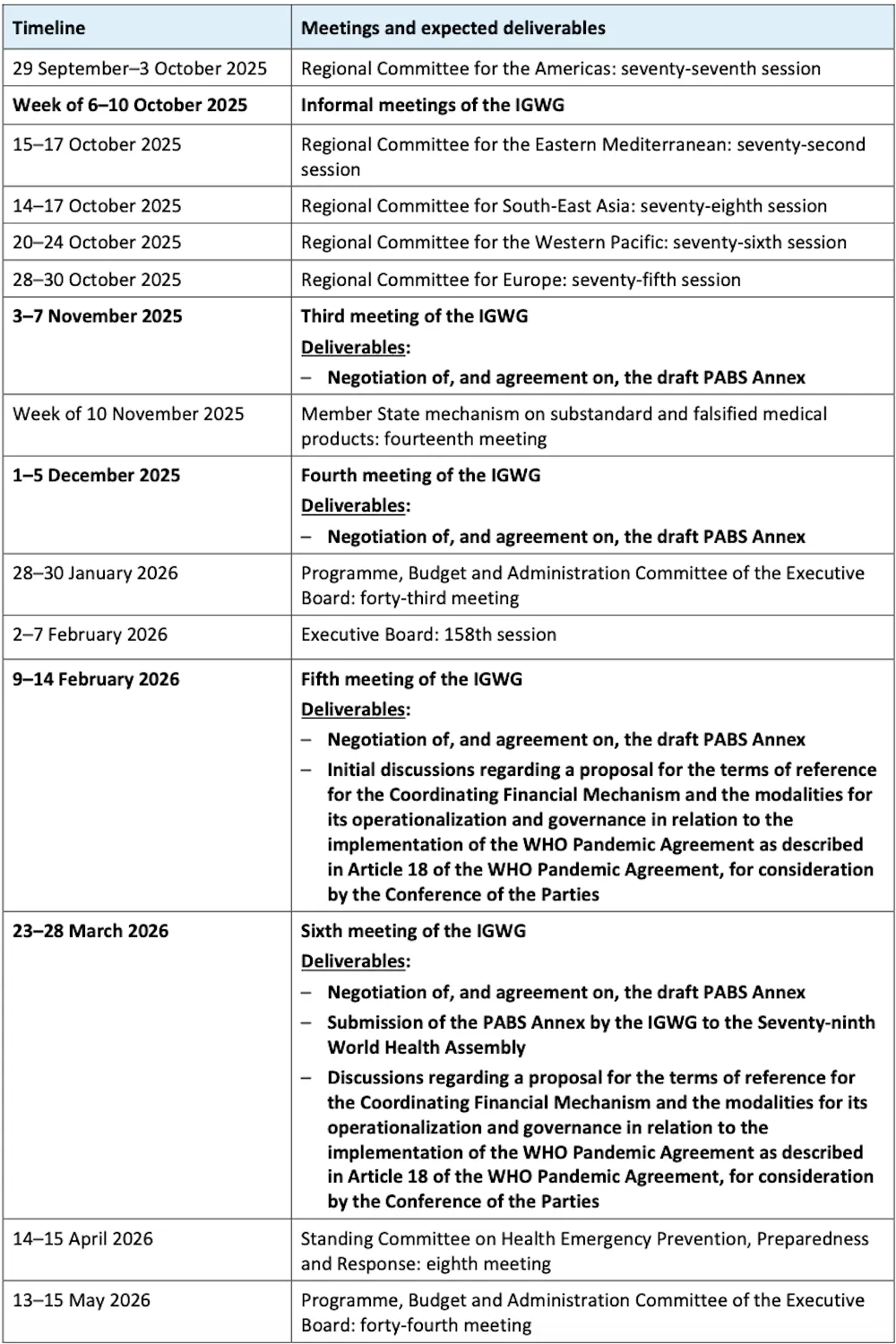
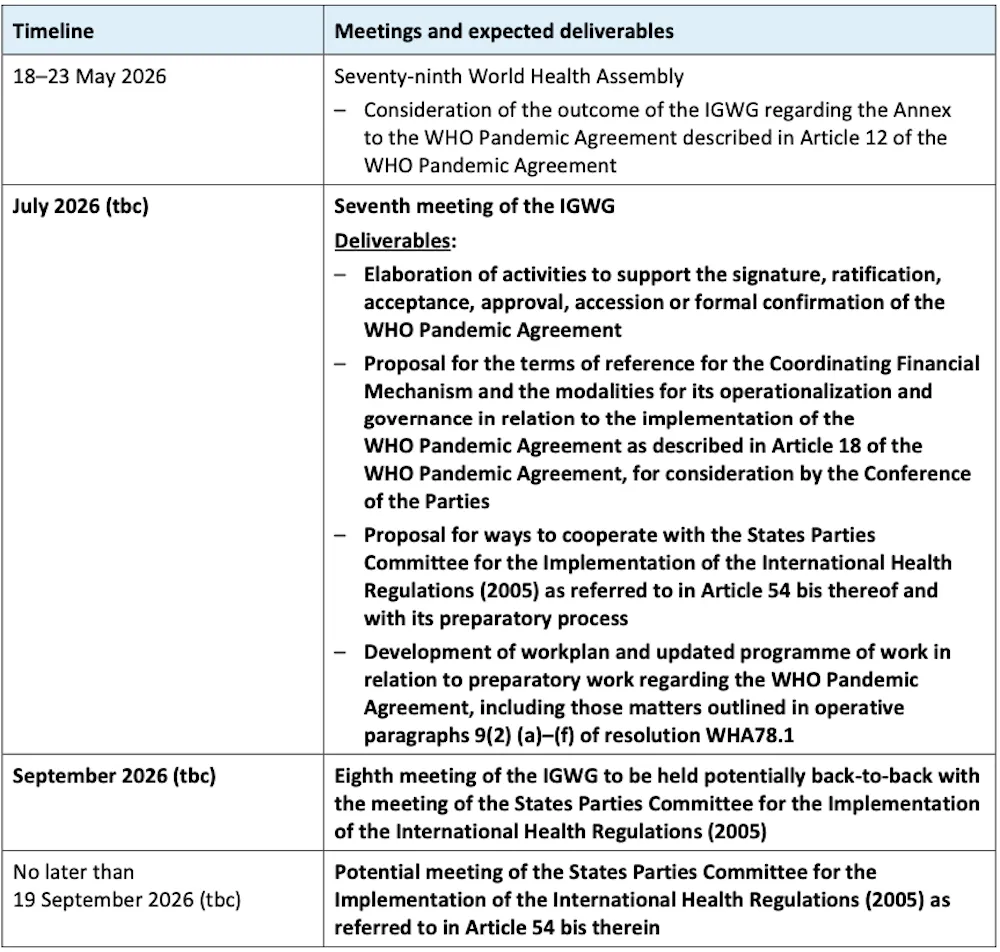
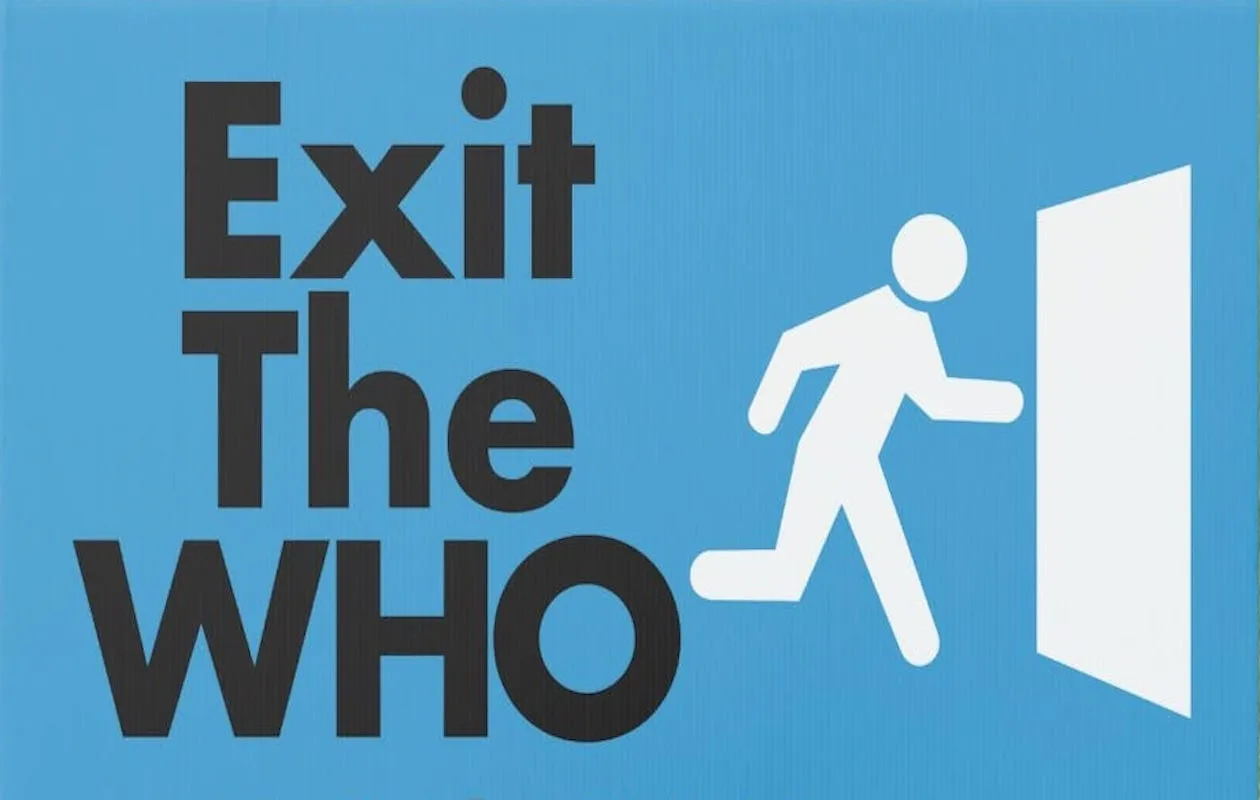

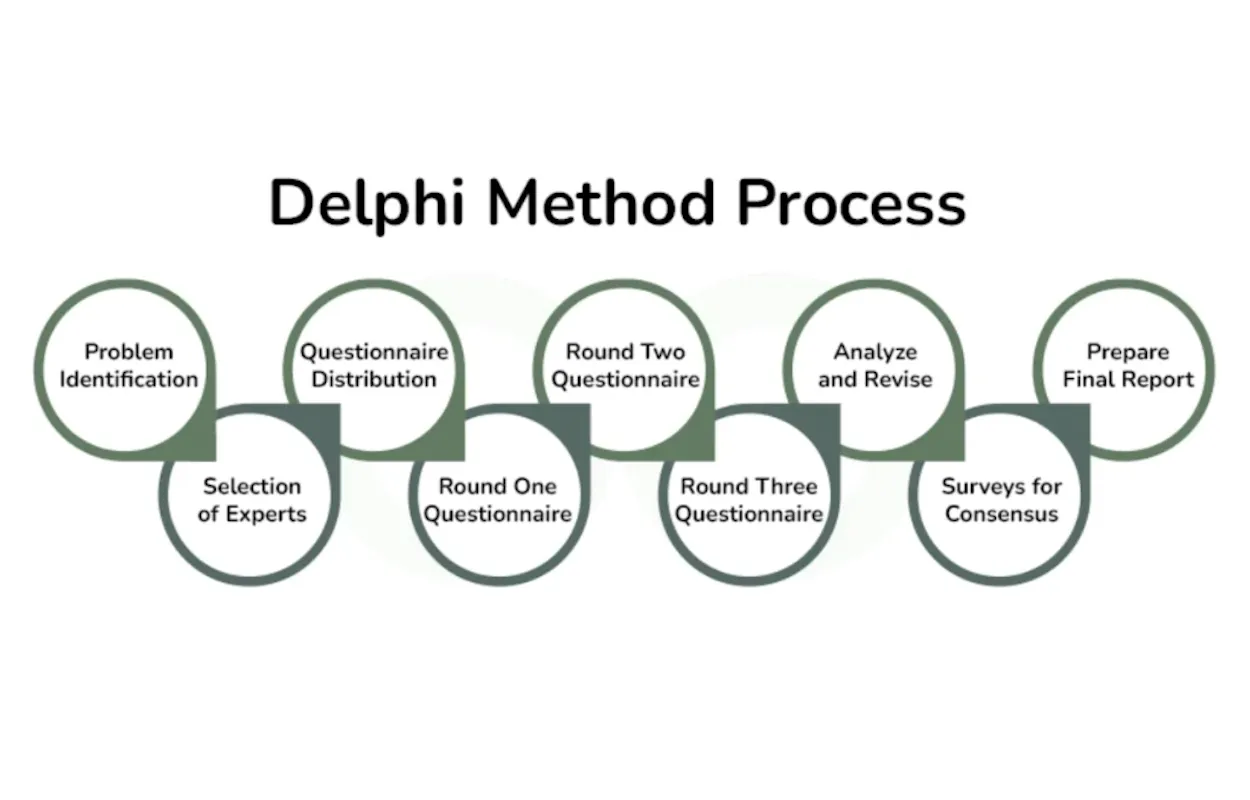
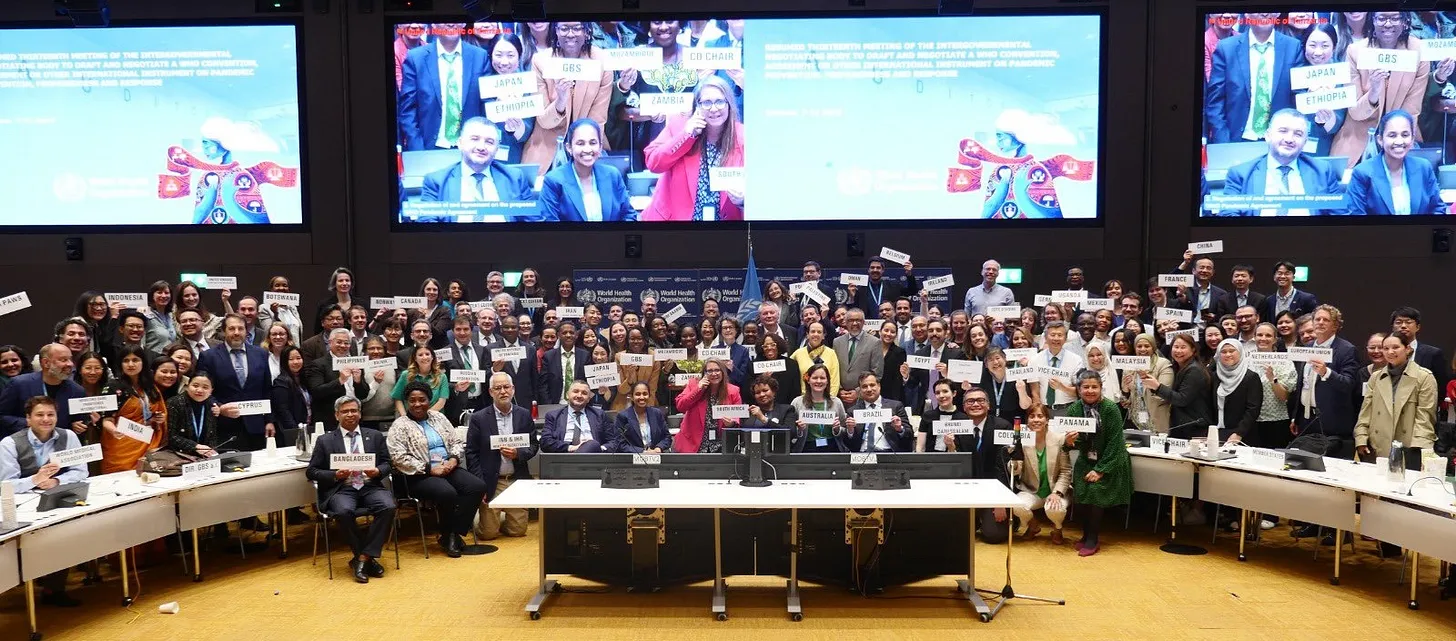




Bookmarks